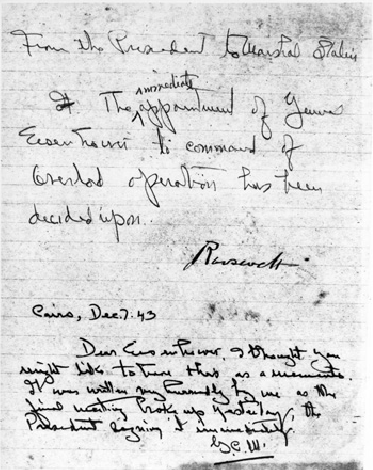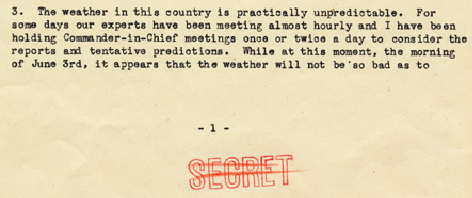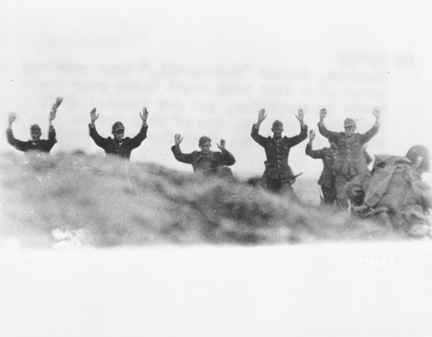The RSA SF 2023 Conference has just posted an audio version of my presentation slides “Pentesting AI: How to Hunt a Robot”:
A PDF (7MB) of the slides can be found here: MLAI-T01_PentestingAI.pdf
The RSA SF 2023 Conference has just posted an audio version of my presentation slides “Pentesting AI: How to Hunt a Robot”:
A PDF (7MB) of the slides can be found here: MLAI-T01_PentestingAI.pdf
It is early in the morning and a Tesla traveling on an Interstate veered suddenly before crashing at high speed and catching on fire.
The Oregon State Police responded to a single-vehicle crash on Interstate 5, near milepost 33, in Jackson County, around 3:30 a.m. on June 5. Police say the investigation indicated a black Tesla Model S, driven by Shawn Douglas Kroll, 29, of Oakley, was traveling northbound on I-5 when for an “unknown reason” the car drifted off of the roadway and onto the shoulder. The car drove through a fence, struck a tree, and caught fire.
Unknown reason.
Was the driver asleep?
Probably.
Did the car maker dangerously encourage drivers to go to sleep behind the wheel?
Elon Musk: Tesla drivers can sleep behind the wheel ‘next year’ [by the end of 2020].
Did the car maker fraudulently say that the car could drive itself?
In 2014, Elon Musk continued to promise at least 90 percent self-driving by year’s end…. In 2015, Autopilot was fully rolled out to Model S drivers and Musk was promising the software would be able to handle freeways and simple roads in a matter of months.
Wrong. Dead wrong. Every year for ten years now since 2013, always a lie.
Some things are well known. What’s the unknown part, really?
Is it, who is at fault for the death of over thirty people? Should we fault the robot for killing these people, or should we fault the company for making fatally defective robots sold on a false premise they are to keep people safe?
Related: Tesla Autopilot Accused of Trying to Kill Its Owner.
Update June 9: In other news, Mercedes just achieved Level 3 autonomous driving authorization from California. That’s a capability far, far ahead of anything Tesla has ever produced (infamously failing at Level 2). For perspective, the best available driverless technology is getting authorized in 2023 under these conditions.
…California DMV is placing some serious restrictions on the Merc system. It can only operate during the day on certain limited roads, and only at speeds of up to 40 miles per hour.
In other words, it seems like an unknown… yet very high probability that Tesla knowingly killed Shawn Douglas Kroll.
Integrity matters and it looks to me like Sam Altman doesn’t have any. Here’s a perfect example, when asked about the future he said he is super optimistic while planning to survive an apocalyptic disaster.
Altman said he was a ‘prepper,’ someone who has preparations and supplies in place to survive an apocalyptic disaster. […] “I’m super optimistic,” he said in a podcast with TED curator Chris Anderson. ‘It’s always easy to doom scroll and think about how bad things are,’ Altman added, ‘but the good things are really good and getting much better.’
If good things are really good and getting much better, that’s not apocalypse. It’s almost like he’ll say whatever people want to hear, place bets on every possible outcome because there’s infinite choice and zero accountability.
Digital Journal chalks this up as “quick, deep thinker” behavior.
It’s not.
Sam Altman is demonstrating privilege, an absence of meaningful thought. If they asked him how he’ll survive the coming apocalypse of good things getting better he’d probably say… “I plan to eat cake, just like everyone”.
In a similar vein, when I ask an AI product made by this low-integrity shallow-thinking human, ChatGPT just outright lies to me — the machine tries to “please” me by saying things it knows are not true.
Here’s a perfect example. I asked it to list deaths of humans by robots. It said Amazon had a robot that hit a bear spray can, which leaked gas that killed a worker.

That death never happened.
DID NOT HAPPEN.
It’s not anywhere close to being true, let alone what I asked for.
A leaking can of bear spray?
That’s not death from a robot, even if it were true (it’s not). I told ChatGPT to try again and it actually came back with a story about a “callous” Amazon robot that punctured a bear spray can, and that people didn’t notice a death… that never happened.

It calls for better bear spray can packaging. Again, not at all what I asked for and not true.
How is this even allowed to be called AI? It’s like referring to a pile of rubble in a river as an engineered bridge for people to drive across. Opposite of intelligence.
I guess the big question here is why would we expect ChatGPT to tell the truth if the person making it doesn’t tell the truth? Integrity breaches should be reported, like privacy breaches, with fines.
June 6th.


The Eisenhower library has a wealth of resources about D-Day, and I dare say much better historical treatment of the subject than the UK Imperial War Museum.
Here’s the famous radio broadcast by Ike about the strength of the United Nations:
Audio of General Eisenhower reading his D-Day “Order of the Day” for radio broadcast, accompanied by a slideshow of still photographs from the Department of the Navy, the Army Signal Corps, and the Department of the Coast Guard.

Three days later.

One of the things I like best about the Eisenhower Library collection is fair yet brutal honesty about pathetic contradictions of the enemy. The Nazis professed to be a “master race” yet were just a bunch of angry men in endless internal squabbling. Detached, unstable and making terrible decisions revealed the meek followers of fascism as organized very poorly and demoralized.
The UK Imperial War Museum however carries a saccharin apologetic tone, emphasizing how Nazis really did try hard and put on a very good show despite repeatedly doing the wrong things, making it seem as the British did the hardest work of anyone (Canadians being weakest) and just lucky to have defeated such a fine and worthy adversary. Barf. I wouldn’t bother even visiting it.